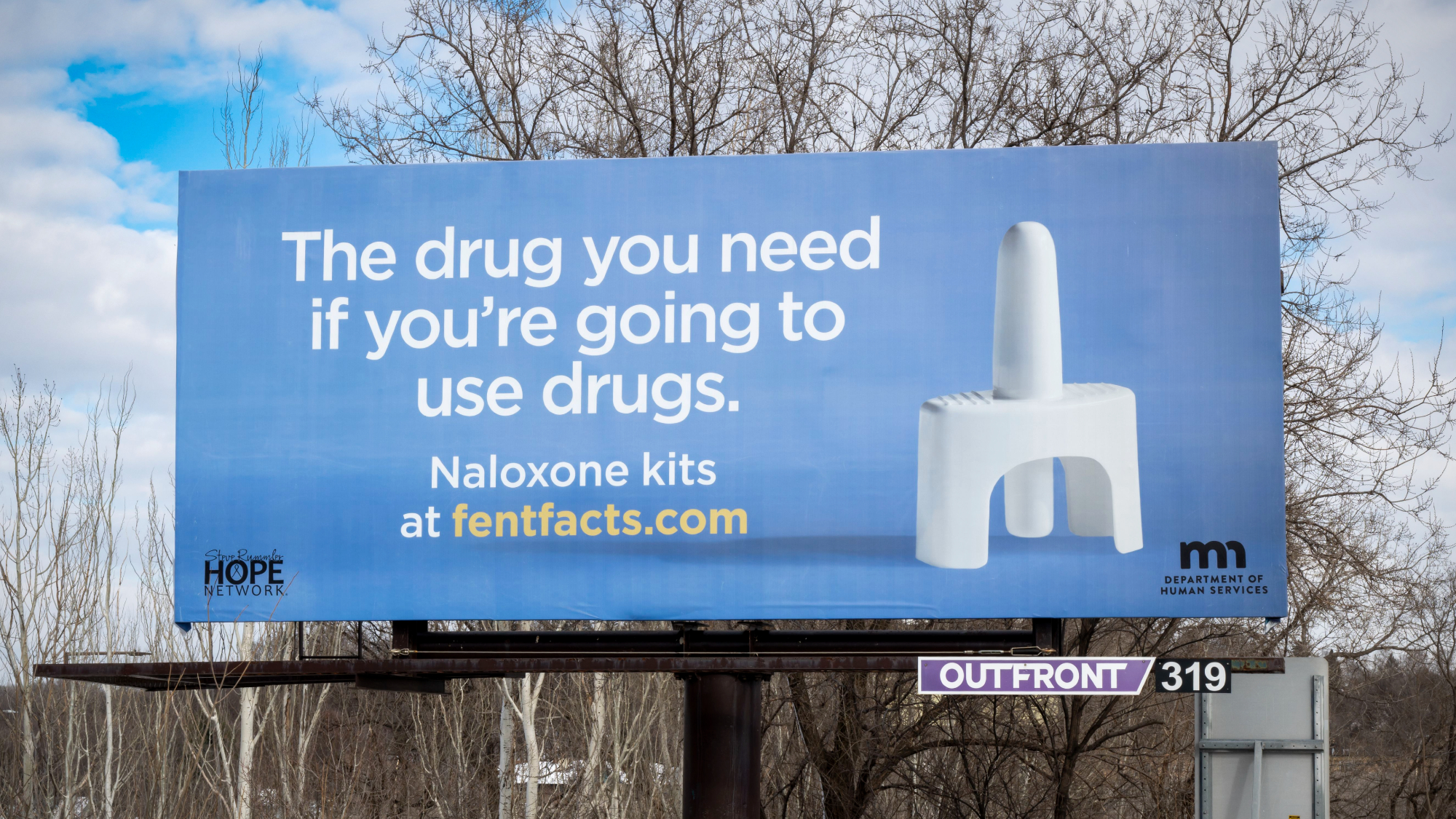Home-brew heroin: scientists close to making opiate yeast
Governments told to take action now to prevent morphine-making yeast getting into wrong hands

A free daily email with the biggest news stories of the day – and the best features from TheWeek.com
You are now subscribed
Your newsletter sign-up was successful
Scientists are said to be one step closer to creating opiate-producing yeast – theoretically enabling someone with the right ingredients to make morphine in their kitchen with a home-brewing kit.
Researchers at California have created a genetically engineered yeast that produces the main precursor of opiates and they now believe a low-yielding strain of morphine-making yeast could be made in less than three years.
"The field is moving much faster than we had previous realised," John Dueber of the University of California, Berkeley, told the New Scientist.
The Week
Escape your echo chamber. Get the facts behind the news, plus analysis from multiple perspectives.

Sign up for The Week's Free Newsletters
From our morning news briefing to a weekly Good News Newsletter, get the best of The Week delivered directly to your inbox.
From our morning news briefing to a weekly Good News Newsletter, get the best of The Week delivered directly to your inbox.
A high-yielding strain might take "many more years" to produce, but "once it exists, in theory anyone who got hold of it could make morphine in their kitchen using only a home-brewing kit", says the magazine. Essentially this would be a beer with morphine in it, says Dueber, and perhaps as little as a few milliletres would get you high.
The implications of these biosynthetic yeasts becoming widely available are far reaching, although the strain or instructions to create it would first have to be leaked from scientific laboratories.
The drugs market would potentially be transformed, with heroin no longer produced abroad and imported by criminal gangs. However, others suggest that traffickers might simply turn their hand to other criminal exploits, while the plant-growing illicit market might be replaced with the home-brewing illicit market.
Home-brewing drugs would also be harder to detect. Growing cannabis plants, for example, requires a lot of electricity and can be spotted using thermal imaging cameras on police helicopters.
A free daily email with the biggest news stories of the day – and the best features from TheWeek.com
In the journal Nature, Tania Bubela, a public health researcher at the University of Alberta in Canada, says governments need to act now to prevent morphine-making yeasts getting into the wrong hands. This might include a legal ban on distributing opiate-making yeasts strains and keeping strains in secure, government-licensed facilities.
"If the history of drug control efforts is anything to go by, though, such measures won't prevent the cat from being let out of the bag before too long," says the New Scientist.
-
 Sepsis ‘breakthrough’: the world’s first targeted treatment?
Sepsis ‘breakthrough’: the world’s first targeted treatment?The Explainer New drug could reverse effects of sepsis, rather than trying to treat infection with antibiotics
-
 James Van Der Beek obituary: fresh-faced Dawson’s Creek star
James Van Der Beek obituary: fresh-faced Dawson’s Creek starIn The Spotlight Van Der Beek fronted one of the most successful teen dramas of the 90s – but his Dawson fame proved a double-edged sword
-
 Is Andrew’s arrest the end for the monarchy?
Is Andrew’s arrest the end for the monarchy?Today's Big Question The King has distanced the Royal Family from his disgraced brother but a ‘fit of revolutionary disgust’ could still wipe them out
-
 A fentanyl vaccine may be on the horizon
A fentanyl vaccine may be on the horizonUnder the radar Taking a serious jab at the opioid epidemic
-
 Nitazene is quietly increasing opioid deaths
Nitazene is quietly increasing opioid deathsThe explainer The drug is usually consumed accidentally
-
 Can TrumpRx really lower drug prices?
Can TrumpRx really lower drug prices?Today’s Big Question Pfizer’s deal with Trump sent drugmaker stocks higher
-
 The UK’s opioid crisis: why the stats don’t add up
The UK’s opioid crisis: why the stats don’t add upThe Explainer A new report has revealed that the UK’s total of opioid-related deaths could be much greater than official figures show
-
 Why the FDA wants to restrict kratom-related products
Why the FDA wants to restrict kratom-related productsIn the Spotlight The compound is currently sold across the United States
-
 US overdose deaths plunged 27% last year
US overdose deaths plunged 27% last yearspeed read Drug overdose still 'remains the leading cause of death for Americans aged 18-44,' said the CDC
-
 Trump seeks to cut drug prices via executive order
Trump seeks to cut drug prices via executive orderspeed read The president's order tells pharmaceutical companies to lower prescription drug prices, but it will likely be thrown out by the courts
-
 FDA approves painkiller said to thwart addiction
FDA approves painkiller said to thwart addictionSpeed Read Suzetrigine, being sold as Journavx, is the first new pharmaceutical pain treatment approved by the FDA in 20 years